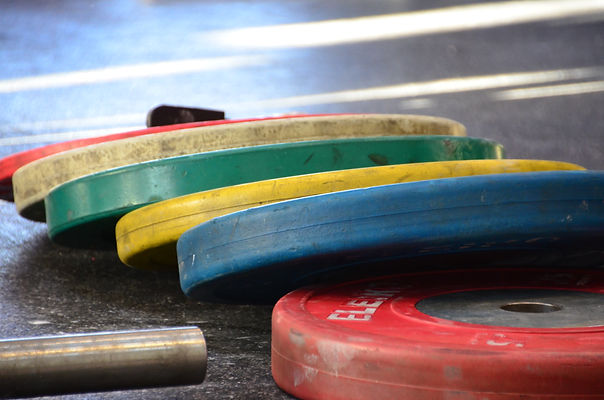Essential Components of a Youth Strength and Conditioning Program
- Dave McDowell
- Dec 14, 2015
- 3 min read
The youth strength and conditioning program has become a major selling point for many training facilities lately. I have even seen under armor adds promoting youth conditioning in their advertisements for their clothes. Companies are now incorporating super heroes, and other fictional characters into their clothing in order to make training more appealing to youth athletes. Many private strength and conditioning facilities have also taken the opportunity to partner with youth sports in order to offer conditioning services. This is awesome providing a structured training environment is great in the development of youth athletes. Through SST I personally have had the opportunity to work with man youth sporting organizations including hockey, baseball, football, figure skating, soccer and many other sports. This got me thinking about youth specific strength and conditioning programs and some of the current problems they are faced with. Previously I have written about the importance of developing the fundamentals with youth training programs. With this in mind I would like to present 4 areas I think successful youth strength and conditioning programs should pay special attention.

Photo Credit: Under Armour
Fun
It goes without saying to me that for the youth athlete the program they are participating needs to be fun. This can be created through the program itself, through the atmosphere of the facility, or many other factors. At SST Burlington we pride ourselves on presenting an uplifting, positive, and fun environment for our athletes to train it. This environment we have created makes it easier for our athletes to spend the amount of time there that they need to. Nobody wants to go to a gym where they are chewed out, talked down to, or otherwise made to feel uncomfortable. Especially for younger athletes it is important to create this environment.
Specificity
It never ceases to amaze me how many coaches, trainers and other facilities will train their athletes the same without understanding the unique physiology and demands of the sport. Taking the time to understand the sport, you can ensure that you provide the best possible service to the athlete. Not only that but taking into account the age of the athlete is perhaps more important than the sport the athlete plays. Where the athlete is at in their maturation process can greatly dictate the type of activities that they should be tasked with. Armed with these 2 key pieces of information you can begin to shape the athletes training plan and allow for flexibility so that the athlete develops optimally for their chosen endeavors.
Program
A lot goes into designing a specific training program for an athlete. An all-encompassing approach can be utilized including: training, nutrition, sleep and other factors. Consideration of each of these factors will help to create a successful program. This is where some programs can fall short; some will consider training maybe not nutrition etc. When each of these factors is considered the results are sometimes unbelievable. Just last week I had a group of young baseball athletes all lose approximately 4% body fat each while putting on lean mass, becoming stronger, more coordinated, and better athletes in the process. These results are a nod to these young athletes hard work, and an all-encompassing program designed for them.
Individualization
I see far too many strength and conditioning programs lumping athletes into groups that they may or may not belong to. This is fine in some cases but for MOST cases it means that athletes are being OVER or UNDER worked and not developing OPTIMALLY. Treating every athlete as an individual is something to always strive for. Just imagine how much pain and injury can be avoided when athletes are monitored and managed on an individual basis. With this approach I strongly feel that athletes are given the best opportunity to achieve in sport. Utilizing smaller groups, and more individualized processes can give athletes a huge advantage in development when compared to larger team programs and group facilities.








Comments